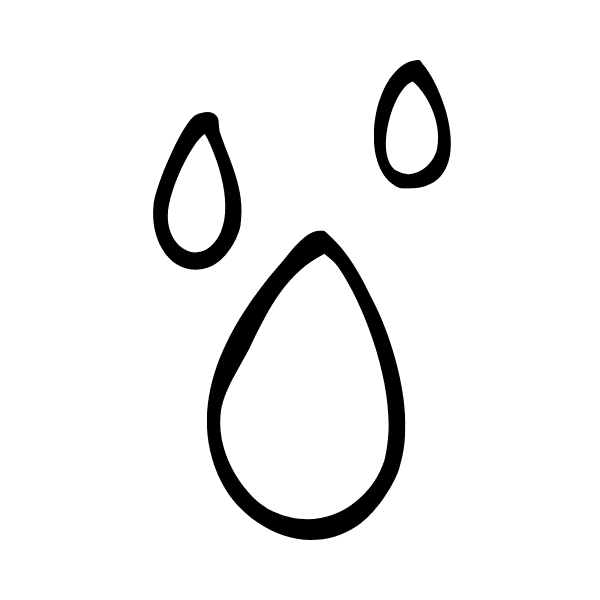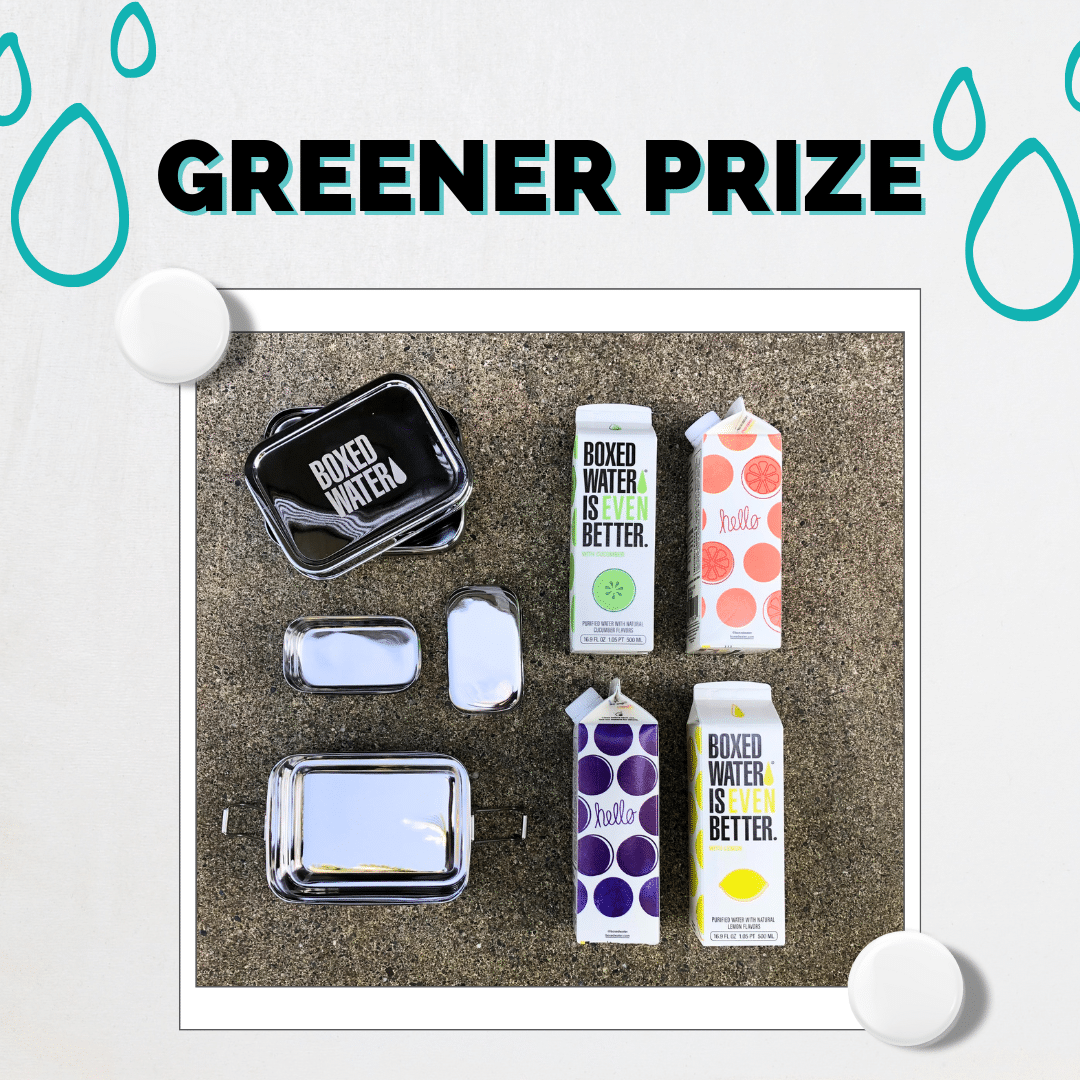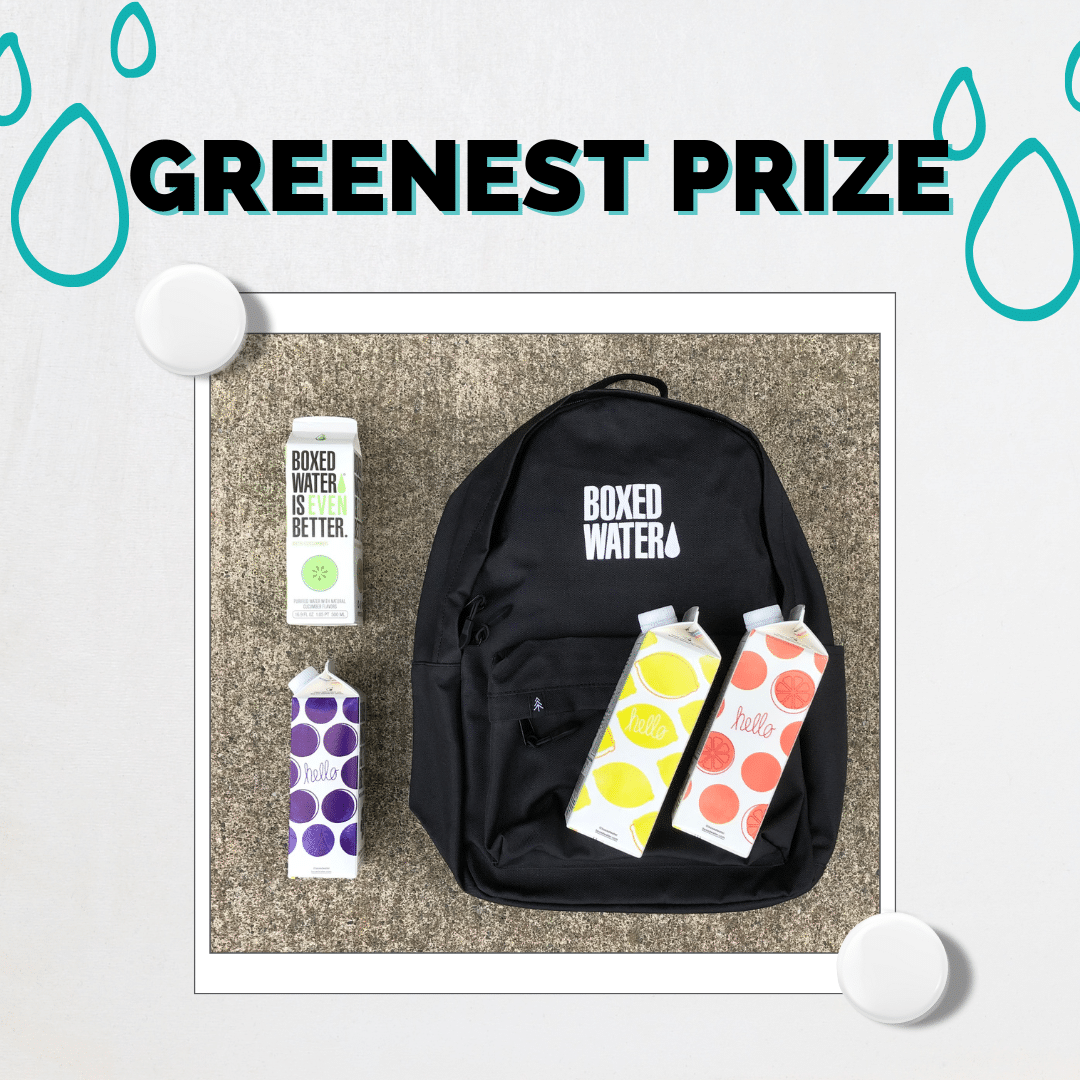
What is a water footprint and why does it matter?
Water is life. We need it to survive, yet this simple substance is often neglected, abused, and taken for granted. We all deserve access to clean and safe drinking water, yet not all of us have that.
In September of 2022, drinking water ran dry in Jackson, Mississippi. Damaged from recent flooding, the city’s outdated water treatment facilities were unable to treat enough water to supply the population. As a result, the state government released a boil water notice, stating that any household with running water should boil it for a minute prior to consumption. On June 6, 2023, United States President Biden passed a bipartisan bill that will stabilize Jackson’s water supply, as well as prevent further crises.
Similar stories are playing out around the world on even larger scales. With a diminishing global water supply, entire countries will face that peril of climate change, a burden felt disproportionately by developing nations and the Global South.

How did the capital of Mississippi find itself in a water crisis overnight? It comes down to two main factors: systemic racism and climate change. For decades, Jackson’s water infrastructure has been slowly breaking down without objection. This is a common occurrence in majority-Black cities, like Flint, Michigan, which experienced a similar water crisis in 2014 and has had lasting effects on its residents. A second factor is climate change, which contributed to the severe flooding that damaged water treatment facilities around Jackson.
Bangladesh is experiencing a water crisis that is dramatically affecting the safety and wellbeing of its inhabitants. Climate change has altered the weather patterns of Bangladesh, leading to unpredictable rainfall, floods, and droughts. The available water is not clean, and often too salty due to the encroaching sea. Increased salt levels have killed many vital crops and plants, changing the landscape and its ecosystems. Residents are combating these challenges by capturing rain, creating floating gardens, and shifting the harvesting seasons. Further destruction will continue unless the world acts to reduce global emissions and protect low-lying front line countries like Bangladesh.
“Because no matter who we are or where we come from, we’re all entitled to the basic human rights of clean air to breathe, clean water to drink, and healthy land to call home”
– Dr. Martin Luther King, Jr., civil rights activist
You might be asking yourself why, on a planet covered with water, we should worry about running out of or destroying it. Water covers 70% of our planet, but over 99% of that water is unusable. With only a small percentage available, the strain on global freshwater supply is intensified by the uncertainties of climate change and pollution. Extreme weather events, like droughts and floods, mean billions of people are at risk of water insecurity and lack access to clean water for drinking, farming, and hygiene. The Center for Disease Control and Prevention reports that over 2 billion people lack access to adequate water sanitation and that more than 785 million lack access to clean water supplied within a 30 minute round trip. Check out the work that our partner, WATERisLIFE, is doing to provide drinking water to millions of people in need.
It’s not just droughts and floods that impact our water supply. 80% of pollution to marine environments comes from land, when harmful chemicals or microorganisms contaminate a body of water, rendering it toxic to plants and animals. Agricultural fertilizers, pesticide runoff, oil spills, and industrial and sewage pollution are common water pollutants. There is also the issue of microplastics. When plastic pollutes our water, it can break down into microscopic pieces that contaminate water supplies. That’s why efforts to remove and prevent plastic pollution, like those of our partner, 5 Gyres, are vital to our future. Want to make sure your water is safe to drink? Check to see with EWG’s Tap Water database!
Between 2010 and 2020, over 11.5 million gallons of oil spilled from pipeline leaks in the United States. These spills disproportionately harm communities of color, particularly Indigenous communities and their water sources. Tribal nations, community activists, and environmental organizations have recently fought against many attempts to construct oil pipelines through sacred lands and water sources. The Enbridge Line 3 replacement was completed in September 2021 and transports one of the dirtiest types of oil, tar sands crude oil, emitting 50 coal plants worth of carbon pollution. This pipeline was largely opposed by Indigenous peoples and allies because it would run through tribal lands, destroying the waterbeds that provide the Anishinaabe people with wild grains integral to their culture and diet. Similar fights occurred during the construction of the Dakota Access Pipeline in 2015 and the current construction of Enbridge Line 5. Honor the Earth continues to fight for the protection of vital sources of water and life. A glimmer of hope occurred in 2020 when the Sioux tribe celebrated a major victory as a federal judge ordered a new extensive environmental review of the Pipeline. The U.S. Army Corps of Engineers is expected to issue a statement soon. What’s more, a court ruling in 2022 mandated that a portion of Enbridge Line 5 would be shut down in three years after the Bad River Band of Lake Superior Chippewa filed a lawsuit against Enbridge. Water contamination is no match for collective action!
Drinking water systems that violate federal law are far more common in minority communities. Water systems that serve minority groups of less than 3,300 people made up more than three-quarters of these violations. Water inequities also exist on an international scale, despite the fact that communal and societal stability depend upon this resource. The average person in the United States uses about 156 gallons of water per day; France 77 gallons per day; India 38 gallons, Mali 3 gallons. In nations struggling with water insecurity, not only are citizens at risk of thirst, but also violence. In Somalia, for example, terror organizations and rivaling political factions have been increasingly attacking and controlling sources as a way of using water as a weapon.
Our actions and choices as citizens and consumers can and must respect the resources our planet provides, in order to leave the Earth better than we found it. That’s why we ask that you take the time to reflect on your own direct and indirect water consumption, relationship with various bodies of water, and appreciation of the life force of this crucial resource.
Today’s partner, Boxed Water, has created a product where access to safe drinking water does not harm the planet. Positive change is possible, and Boxed Water’s industry-shifting work proves how intentional businesses can be a force for good, sustainability, and equity.
The Water Footprint Calculator tells you about how you consume water and what you can do to use less.
As water demand increases and supply decreases, the pressure for sustainable management falls upon all of us. This calls for communities to engage in water-conscious practices wherever and whenever possible, including with our hidden (indirect or “virtual”) water footprint, which makes up 96% of total water use.
Do you have any idea of how much water you use daily? Think about food, showering, hydration, clothing, washing dishes, all of it. What is your direct water consumption? And indirect?
Write down an estimate of how much water you think you use per day and then let’s calculate. Use the Water Footprint Calculator to find out how much water you actually use directly and indirectly each day.
Post a screenshot of one or multiple pieces of your water footprint on Instagram, tag @TurningGreenOrg and @BoxedWater, and use hashtags #PGC2023 and #BetterPlanet. Include a brief caption to describe your findings.
Upload your results and responses in a PDF document including a screenshot of your social post. Include your name (or team name), username, and school on your upload.
Submission Guidelines
How often do you think about water? How often do you thank water? Take a moment to look around you right now. Where do you see water? What role did water play in creating the goods within reach?
Create a list of all of the things water brings you. From your favorite pair of jeans to the greenery in or around where you live or go to school – water is ever present in ways we may not even know to think about.
Read this article describing the valuable roles water plays in our lives. Review the Water Footprint of Food Guide. Reflect and briefly answer the following:
Now ask 2 friends or family members to respond to these questions as well.
Next, make a list of all of your interactions with water. Create a visual depiction (art piece, drawing, photo collage, infographic, or otherwise) of your relationship with water. Be creative! Upload it on Instagram with an informative and mobilizing caption, and invite others around you to do the same! Tag @TurningGreenOrg in both the image and caption, and include #PGC2023.
Upload your responses in a PDF document including a screenshot of your social post. Include your name (or team name), username, and school on your upload to be eligible to win.
Submission Guidelines
Every person is guaranteed the right to clean water under international law. However, across the world, not everyone has that access. As with most environmental and climate issues, low-income, Black, Indigenous, People of Color, and rural communities are disproportionately affected by water pollution.
Take in the full picture of water injustice.
Now it’s time for you to take action. Consider water quality issues where you live or go to school. Is there a community fighting for clean water nearby? The answer is most probably, yes, as this crisis is universal.
Include background information and facts, such as:
DELIVERABLES
Upload your responses in a PDF document including a screenshot of your social post. Include your name (or team name), username, and school on your upload to be eligible to win.
Submission Guidelines
Up to 10 Greener and 10 Greenest outstanding submissions will be selected as winners.

Each Greener Winner will receive:

Each Greenest Winner will receive: